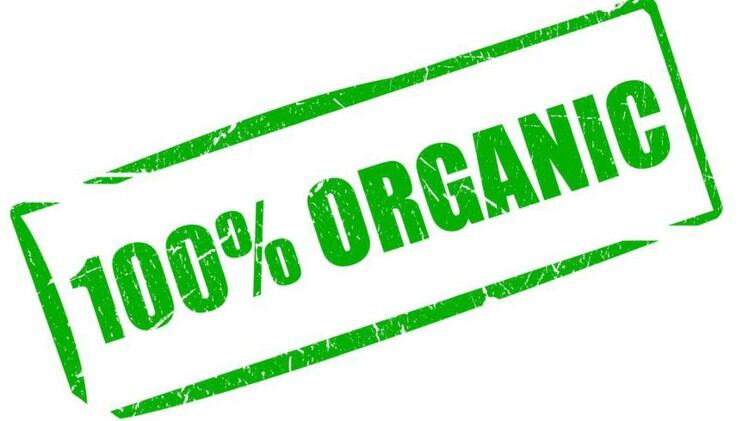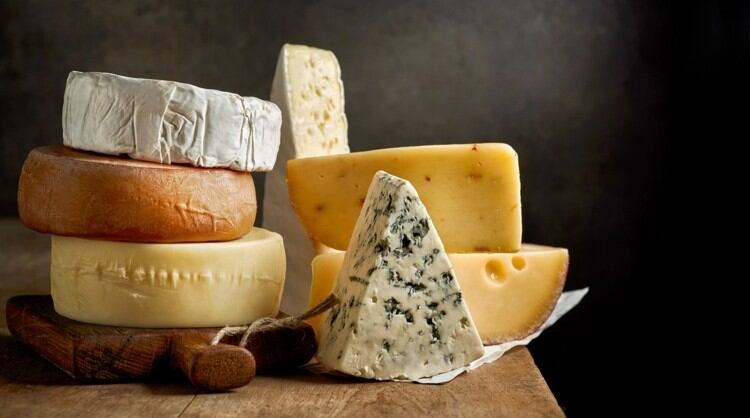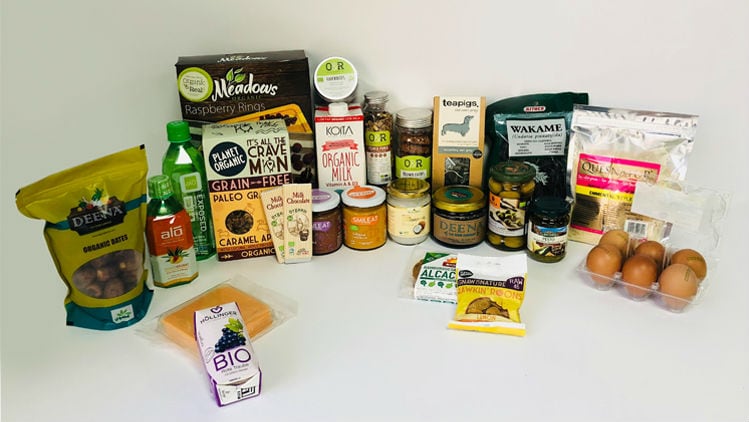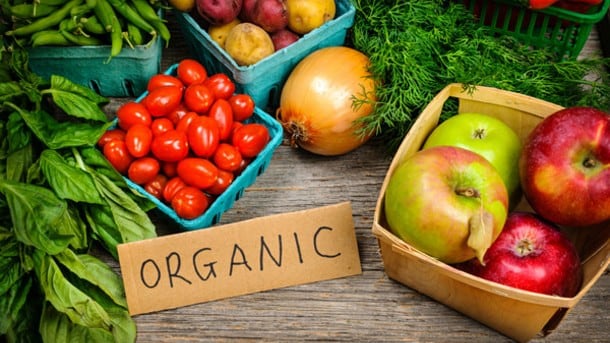NBFL is a wholly owned subsidiary of LT Foods, focusing on organic food products spanning rice, grains, sweeteners, spices and more.
LT Foods’ 2016-2017 annual report stated NBFL as “one of its fastest-growing subsidiaries”. It recorded a 44% CAGR between 2011-2012 and 2016-2017.
The funds were raised from Rabo Equity Advisors, Asia’s first private equity fund dedicated to food and agribusiness sector.
Present in over 65 countries worldwide, LT Foods is known for the rice brand Daawat. The company aims to double its turnover to US$ 840 mn (INR 60 bn) by 2020.
According to the report The Indian Organic Market: A New Paradigm in Agriculture released by Assocham-Ernst & Young, the current Indian domestic organics market is around USD 559 mn (INR 40 bn). This is expected to roughly triple in value to US$ 1.7 bn (INR 120 bn) by 2020.
The report describes organic packaged food in particular as “an emerging niche market in India” with “primary consumers [that] are high-income urbanites”. This section is expected to reach USD 12.2 mn (INR 871 mn) by 2021.
The organic food market in India
India has the largest number of organic producers (2.7 million organic farmers) in the world. It also ranks ninth in total area dedicated to organic cultivation (1.49 million hectares) and exports over 300 products worldwide.
“India is the largest exporter of organic cotton and houses the largest number of organic producers in the world. [T]he domestic markets are growing at a rate higher than the global average and are expected to keep growing at a 25% CAGR through 2020,” said Amit Vatsyayan Partner, Advisory Services, Ernst & Young.
“India has substantial potential for expansion of organic agriculture owing to many factors, including favorable agro-climatic conditions, [a] rise in per capita purchasing power, accompanied by the increase in awareness regarding the social, environmental and health benefits of organic products.”
“[This has not only increased the demand for such products but also incentivized the development of the organic value chain, as evidenced by continuous developments in industries such as e-commerce, supply chain, storage and processing,” he added.
India’s organic challenges
However, at present India only takes up less than 1% of the global organic market share, valued at US$ 124.7 bn in 2017.
The report attributes this to policies and red tape.
“In India, farm gate prices for organic and non-organic produce are often too close to provide a sustained incentive for farmers to go organic. The farmer also has to contend with a three year waiting period until his output can be certified organic,” it stated.
Supply is somewhat erratic, due to organisational issues. According to the report: “Multiple crops are grown in a single small land holding and the produce […] is aggregated, usually by NGOs who supply it to corporates. This [results in] little visibility of what will be available and in how much quantity.”
Additionally, because farmers are not obligated to restrict their output to certain crops, many opt to de-risk by growing as many as 7-8 types of crops in the same year.
“One might have an abundance of pulses in one harvesting season only to find the farmers shift to cotton in the next. This makes for erratic supply,” the report added.
There is also no clear market leader in the Indian organics market. The current frontrunner, Organic India, only holds 9% of market share, followed by Conscious Food (7%), Ecofarms (6%), Morarka Organic (5%), Sresta Natural (4%).
The remaining 60+% of the organics market is made up by over 200 small players.





